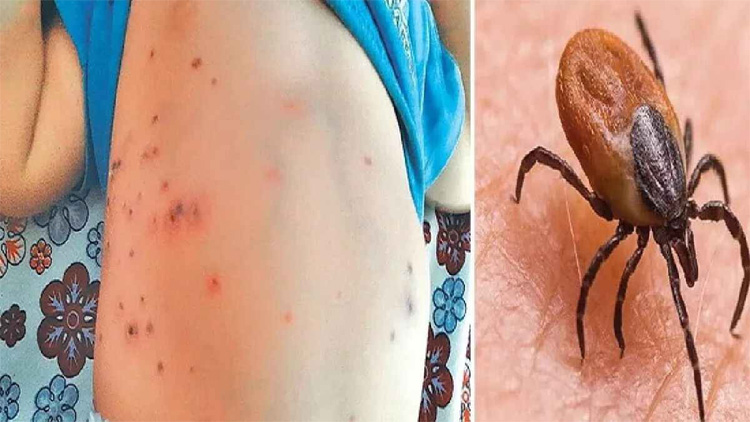Scrub Typhus kills 5 in Odisha, 9 in Shimla. What is the deadly infection?
Scrub Typhus, a highly infectious disease, has been causing unexpected deaths in some parts of India. Officials said that at least five people have died in Odisha, while nine people have succumbed to the infection in Himachal Pradesh’s Shimla.
According to Odisha’s Bargarh Chief District Medical and Public Health Officer, Sadhu Charan Das, out of the total five persons who died due to the deadly infection – two cases were reported from Sohela block, while the rest were from Attabira, Bheden, and Barpali blocks of Bargarh district each.
He also informed that four other people were found to be positive for Scrub Typhus, however, they have been treated.
Meanwhile, in Shimla, the Indira Gandhi Medical College and Hospital (IGMC) hospital has been witnessing a substantial influx of patients displaying symptoms of the deadly infection. According to officials, a total of 295 cases of the infection have been confirmed in the district.
What is the deadly infection – Scrub Typhus?
Scrub typhus is an infectious disease caused by a bacteria known as Orientia tsutsugamushi. The infection spreads to people through the bite of a mite – which is mostly seen in grass, bushes, and on the bodies of animals such as rats, rabbits, mice, and squirrels.
The symptoms of the infection include – high fever, chills, severe headache, dry cough, body aches, muscle pain, a dark scab-like wound at the site of the chigger bite, enlarged lymph node, red spots or rashes on the body, red eyes, confusion, coma, gastrointestinal symptoms, liver and spleen enlargement, and meningitis.
According to experts, the symptoms start around 10 days after getting infected. If the disease is left untreated, it could cause multiple organ failure, a life-threatening complication.
People engaged in gardening and outdoor activities are at high risk of the infection.
One can prevent getting infected by – focusing on rodent control, cleanliness, and maintaining hygiene; being cautious while handling pets, applying mite repellents to exposed skin, and regular cleaning of surroundings including removal of shrubs and low vegetation.

